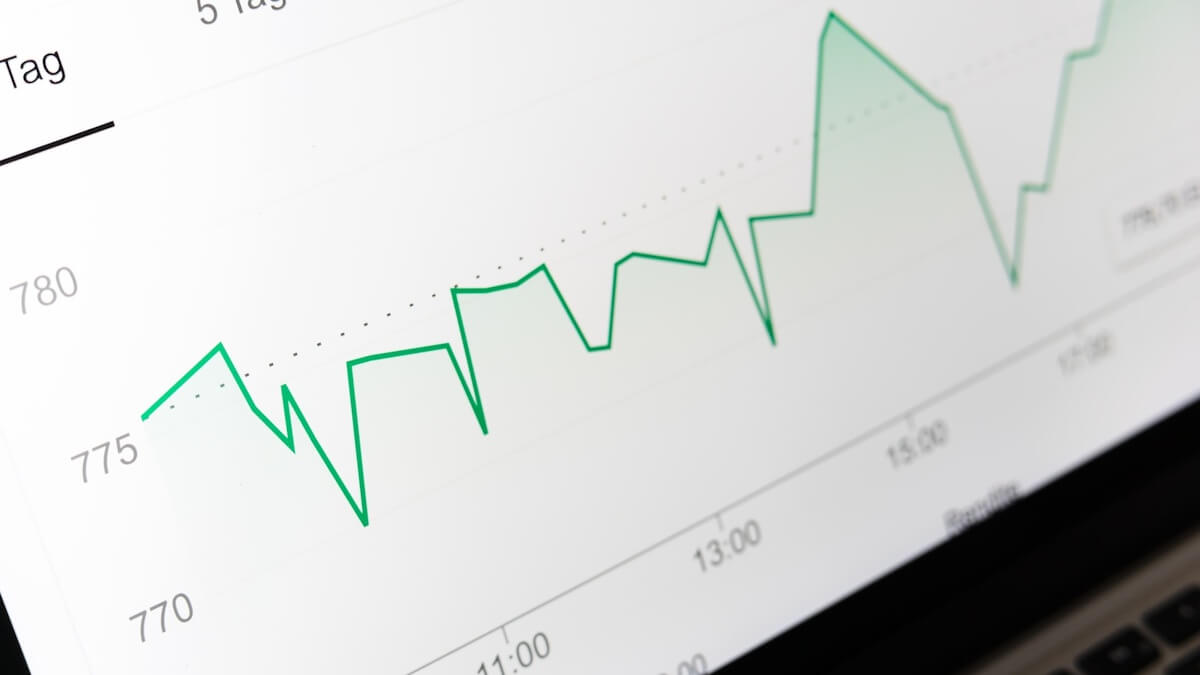Stocks vs ETFs: the differences
There are several different investment choices out there. Two of the most popular options are stocks and ETFs. But what’s the difference between these two investment vehicles?
On the surface, stocks and ETFs may seem quite similar. Both are traded on stock exchanges and can be bought and sold through brokers. And both can offer investors a way to profit from the rise and fall of various markets.
But there are some key differences between stocks and ETFs. Here’s a look at some of the most important ones:
What they represent in a company
Stocks represent ownership of individual shares in a single company, while ETFs represent a basket of assets, very often shares from different companies.
You may use a cryptocurrency to buy stocks just as you can with any other currency, but there’s an added benefit. In addition to the stock market, you may invest in sectors like the S&P 500 index or even Bitcoin. If you’re willing to take risks beyond what might happen naturally by buying single company stock, prices will fall further due to global economic uncertainty.
Stocks can be more volatile than ETFs
Stock markets are volatile places. It implies that the price of a single stock may change more than you would anticipate from an ETF investment in which many companies’ stocks are combined to minimise risk.
However, suppose your company goes bankrupt while others flourish due to diversification strategies designed to reduce the risk of investing solely in any individual firm’s equity market value. In that case, there is still some room for potential losses.
ETFs typically have lower fees than stocks
It is essential to consider fees. Fees can eat into your returns and reduce the overall growth of your portfolio. For this reason, many investors favour exchange-traded funds (ETFs) above stocks.
ETFs are kindred to mutual funds in that they provide exposure to a basket of assets, but they typically have lower fees.
ETFs are not actively governed and do not require the same level of individual and focused research as stocks. As a result, ETFs can offer a more cost-effective way to invest in many assets. Just be sure to carefully compare the fees of different ETFs from your broker before making any decisions
When you buy a stock, you will typically have to pay a commission to your broker. And if you hold the stock for more than a year, you may also be liable for capital gains taxes.
ETFs, on the other hand, often have much lower fees, as while they are bought and sold like stocks, there are no capital gains taxes to pay.
ETFs can offer more diversification than stocks
By spreading your money across various assets, you can minimise risk and maximise returns. For many investors, exchange-traded funds (ETFs) offer a convenient way to achieve diversification.
Stocks potentially offer higher returns than ETFs
When you acquire stock, you are acquiring a stake in a company. As the company grows and becomes more economical, the worth of your stock will usually increase as well. You can get an ETF without even holding the underlying assets, as your investment is simply in a basket of equity derivatives or bonds. While this diversification can help reduce risk, it also limits potential returns.
Therefore, if you’re looking to maximise your earnings potential, investing in stocks is typically the best.
So which is better, stocks or ETFs?
Your investment goals and objectives determine the answer to this issue. ETFs may be a better option if you search for stability and reduced risk, but if you are willing to take on more risk in exchange for the potential for higher returns, then stocks may be the way to go.
Ultimately, the best way to invest is to diversify your portfolio with both stocks and ETFs. It will help you minimise risk while still allowing you to profit from the rise and fall of various markets.














